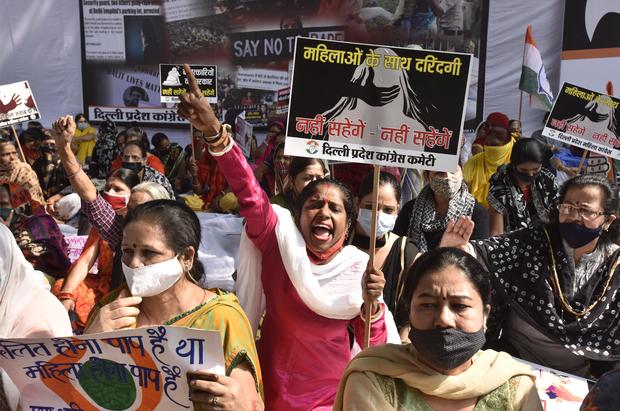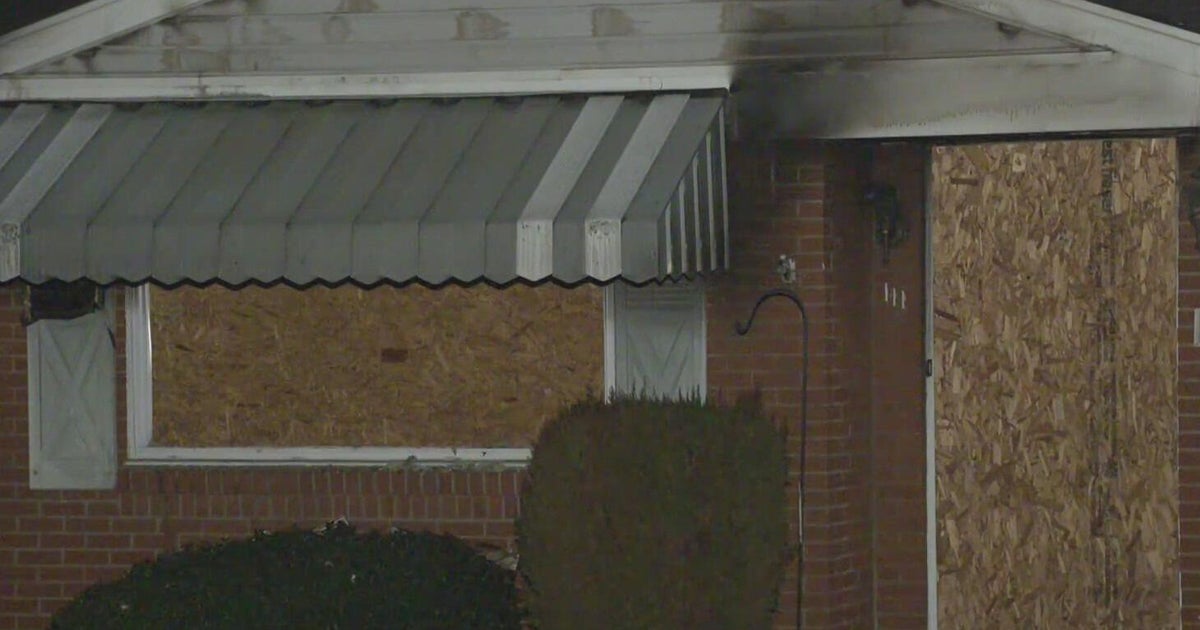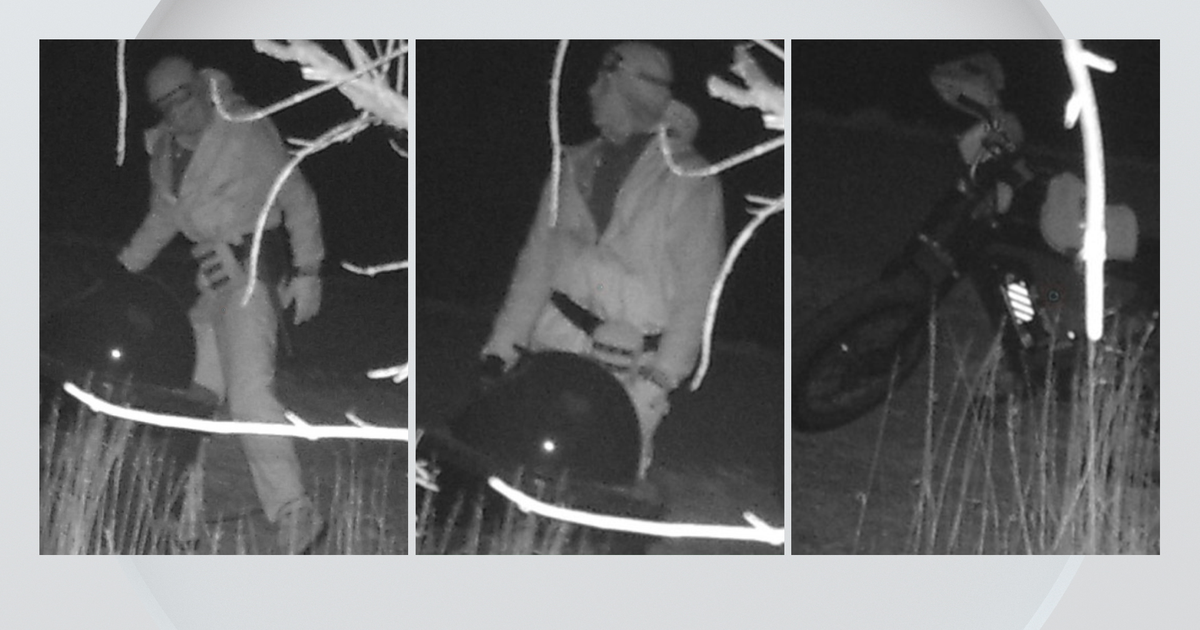Indian man accused of beheading teen daughter in apparent "honor killing"
Indian police have arrested a man and accused him of decapitating his own teenage daughter in a rage over her relationship with another man he didn't like, BBC News reported on Thursday, in what appears to be the latest gruesome case of so-called "honor killing" in the Asian nation. Police in the northern state of Uttar Pradesh said Sarvesh Kumar was arrested as he walked toward the local police station carrying his daughter's head.
BBC News said the local police released a video of Kumar confessing to the crime, in which he explains that he was enraged to learn of his daughter's relationship, came home to find her alone, locked her in a room and decapitated her with a sharp object.
Neighbors reported to the police the sight of Kumar apparently carrying his daughter's head through their district of Hardoi on Wednesday after he committed the alleged crime.
Honor crimes are a major problem in India, neighboring Pakistan, and other countries where family members — most often women and girls — are attacked and even killed by their relatives for bringing perceived shame onto the family. Such crimes are more common in rural communities where centuries-old traditions and deep-rooted cultural norms still dictate the rules of everyday life.
According to the BBC, while there are no official statistics, hundreds of people are believed to be killed in India every year by family members over relationships or marriages that went against the wishes of their parents or other elders.
Honor crime is just one aspect of a much wider problem of violence against women and girls that India has been grappling with for years. The BBC said that statistics compiled by India's National Crime Records Bureau showed more crimes were committed against women last year in Uttar Pradesh than any other Indian state.
In March 2020, India hanged four men for the brutal gang rape of a paramedical student in Delhi in 2012. The rape and murder of the 23-year-old woman triggered massive street protests across India and brought global attention to the plight of India's women.
But CBS News' Arshad R. Zargar reported, that little has changed despite the outpouring of public rage. Government data released in September 2020 that showed an average of 87 rapes were reported every day the previous year - a rise of more than 7% from 2018.
In January an Indian court's ruling that groping a child can't be considered sexual assault as long as there's no "skin-to-skin contact" or "sexual intent" was widely criticized by rights activists.
The ruling by Bombay High Court Justice Pushpa V. Ganediwala cleared a 39-year-old man who had been accused of sexually assaulting a 12-year-old girl in 2016 of wrongdoing.






